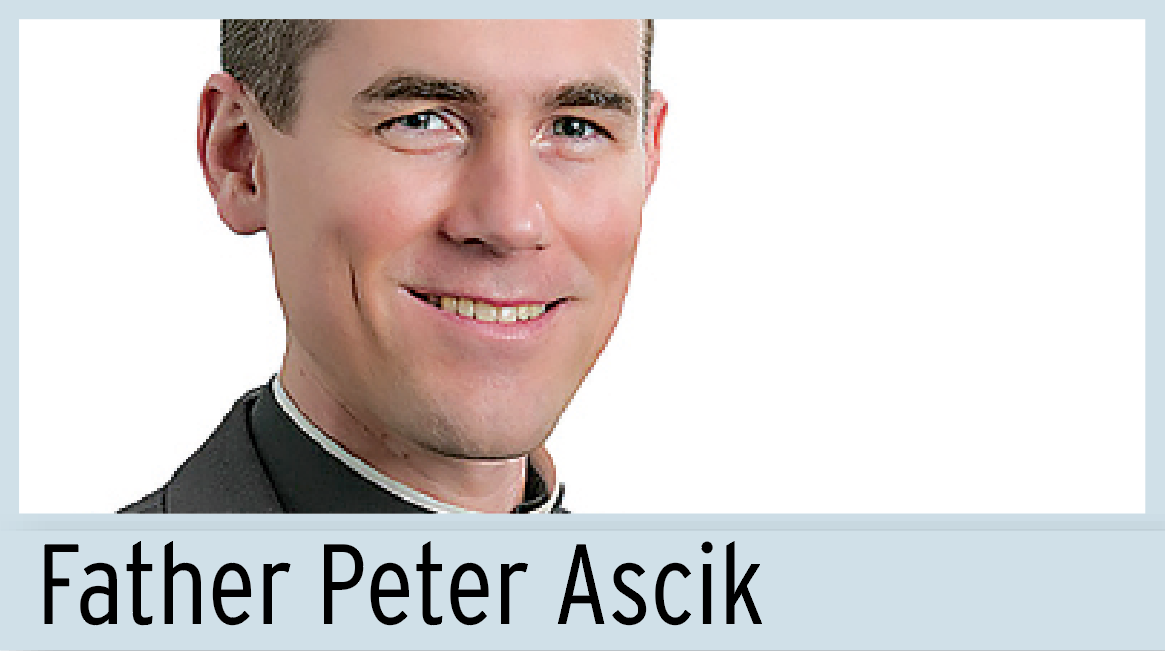 Recently, the diary of a young North Korean soldier killed in Ukraine came to light. What attracted most commentary was the revelation that he and his unfortunate colleagues were being used, essentially, as bait for the deadly drones that hover over the battlefields of that beleaguered country. What I found even more desperately sad, however, was a more personal truth that was laid bare in the pages of that diary.
Recently, the diary of a young North Korean soldier killed in Ukraine came to light. What attracted most commentary was the revelation that he and his unfortunate colleagues were being used, essentially, as bait for the deadly drones that hover over the battlefields of that beleaguered country. What I found even more desperately sad, however, was a more personal truth that was laid bare in the pages of that diary.
 The birth of Jesus shows us that God’s love is not an abstract idea. It is a relationship with a real person.
The birth of Jesus shows us that God’s love is not an abstract idea. It is a relationship with a real person.
This was Pope Francis’ message as he reflected on the motherhood of Mary in a homily kicking off the New Year.

